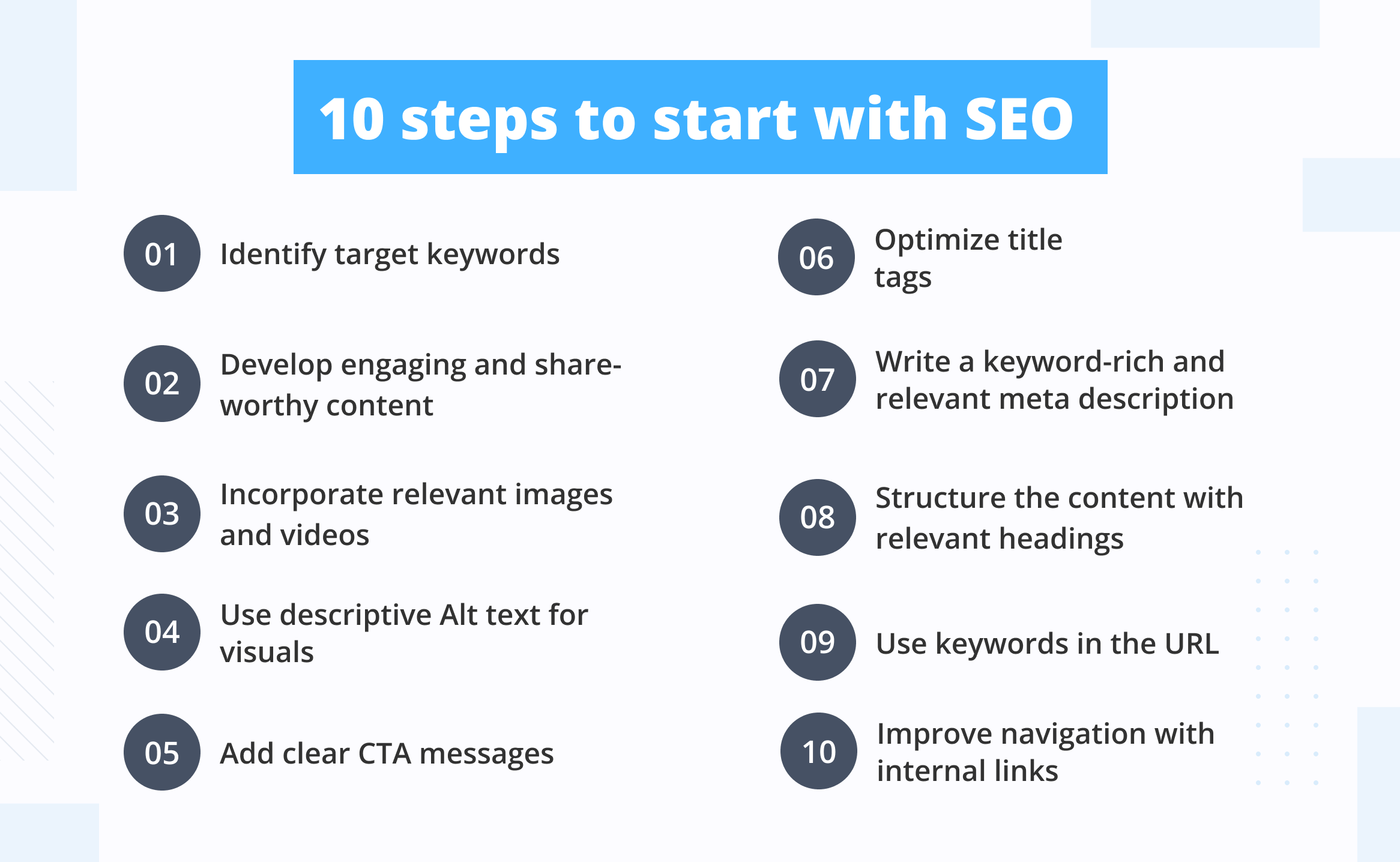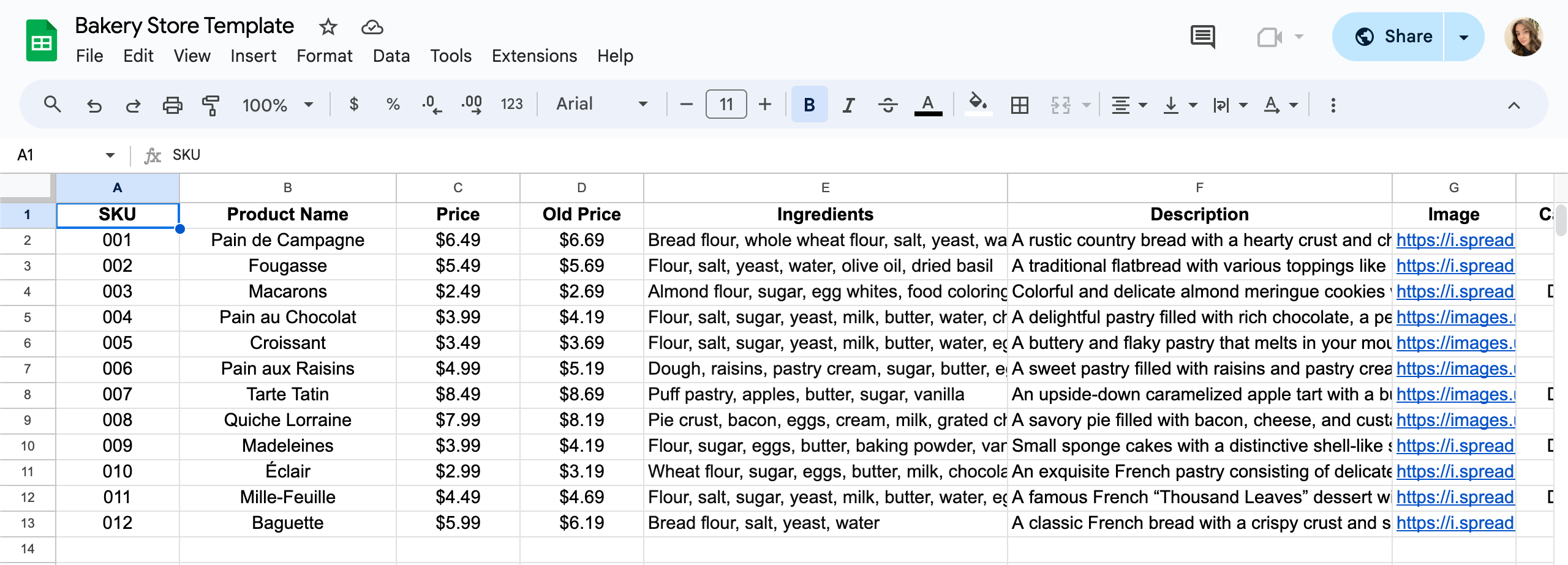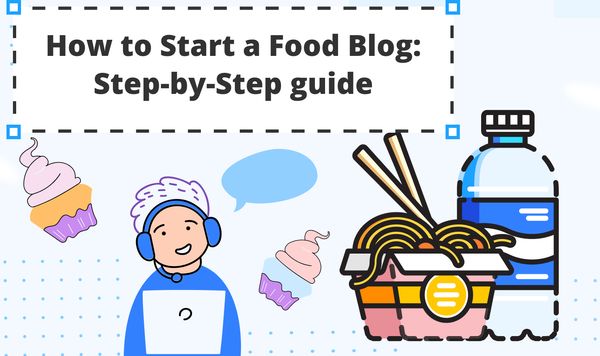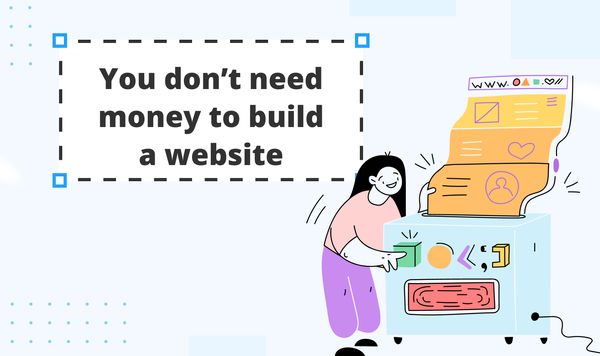6 Growth Strategies to Boost an Ecommerce Startup
For any eCommerce company that is starting small, making a place online on the search engine results is no small feat. But with fierce competition from existing eCommerce stores and marketplaces, ranking well on SERPs is necessary if you want your company to have any chance of succeeding.
Even if your online store does succeed, eventually you will have to consider taking steps to amplify its growth with organic and paid campaigns. There are multiple strategies that can help you get there, but let us firstly start with defining what an eCommerce growth strategy is.
What Exactly is an eCommerce Growth Strategy?
Who does not aim for the growth of their business, but in the context of eCommerce businesses, growth can mean achieving different types of goals.
As an eCommerce startup, you probably want to achieve one or more of these goals:
- Boost the visibility of your online store
- Gain trust and credibility among target audience
- Boost sales and revenue
- Convert website visitors into customers
Or maybe you want to target all of these at the same time. The strategies or set of strategies that you would deploy to achieve these goals for your business can be termed eCommerce growth strategies.
6 Growth Strategies for eCommerce Startups
Now that you know what are eCommerce growth strategies, here are some of the most effective ones that you should consider implementing for your startup:
#1 Have a Comprehensive SEO Strategy
Any business that wants to experience growth while keeping marketing investments low can opt for a comprehensive SEO strategy. Now for a completely non-technical person, SEO might seem like a lot of work and a considerable amount of risk, but it is worth going through it considering the organic growth journey it can put your startup on.

You can start with a comprehensive SEO audit, to identify the areas to be improved, and strengthen the technical parts of your website. Ideally, it is recommended that you create a strategy that deploys the right combination of on-page SEO, off-page SEO and technical SEO efforts. Even taking simple steps such as integrating the right keywords, having a strong internal linking strategy, and building a good backlink profile can go a long way in improving the SEO performance of your eCommerce startup.
The best part about having a strong SEO strategy is that apart from the initial investment, you will not have to incur many variable costs to consider unless you want to boost your strategy further. While there are plenty of ways to attract more customers to your website, SEO is a great strategy to consider because it brings high-intent users to your website, and ensures that your website is visible on search results for relevant queries.
#2 Leverage Referral Marketing
For a business that is still laying down its roots, finding the right marketing strategy can be equivalent to striking a gold mine. Referral marketing, or affiliate marketing, is one such strategy that does not demand much investment from your end, but will reward you with consistent returns, if done right.
Affiliate marketing is essentially an advertising strategy, wherein businesses encourage customers to recommend their products and services in exchange for a reward. This reward can be monetary in the form of store credit or even discount coupons.
Sounds like a fairly straightforward strategy, but it is the creation of effective referral programs and the incentive structure that can more often get quite complex. If done right, referral programs can get people to start talking about your brand and create the buzz you need to generate initial traction.
#3 Consider a Multichannel Strategy
It is not just marketing strategies that can help you amplify the growth of your eCommerce startup. For best results, you should also consider selling your products on different platforms and marketplaces such as Amazon or Etsy. These marketplaces make it easy for you to enlist as a vendor, start selling your products, and generate revenue from it. Plus, enlisting your catalog on these marketplaces can offer a plethora of other benefits too.
Firstly, your brands and products will reach a much wider audience through marketplaces which is only going to boost your sales and revenue. Secondly, you will be able to market your products better through these platforms and subsequently get more visibility and reach for your own brand website.
As an eCommerce startup, it is a good idea to consider implementing a multi-channel strategy so that you can market your product catalog effectively and generate more sales. You must have even come across smaller brands leveraging Instagram and Meta Shopping features to attract customers and sell their products. But remember that for this strategy to be truly successful for your brand, you should have a powerful order fulfillment system in place.
If you don't have a website yet, SpreadSimple will help you build one without code. No-code, however, does not mean limited — with SpreadSimple, you can create a feature-rich online shop with individual product pages, flexible check-out, and WhatsApp integrations for delivery.

All the content on your website you can manage via a simple Google Spreadsheet document. Adding and removing listings and products on a website is as simple as moving around rows in a spreadsheet.
#4 Personalize User Journeys
When you are operating in such a competitive industry, it can be hard to make an impact as a startup. After all, there are several established companies that have already built a rock solid online reputation and presence. However, you can enhance the experience and user journey you offer on your website to differentiate from these competitors.
And one of the best ways to differentiate your brand from others is to personalize the user experience for potential customers. This can include personalizing product suggestions based on search history, asking customers to fill out a quiz to tailor product recommendations as per their preferences, and more. You can also offer personalized discounts and offers to customers to take their satisfaction from the buying journey a notch higher.
#5 Implement Customer Loyalty Programs
With satisfied customers comes more sales and revenue. But it is more important that you have a large number of loyal customers than a few satisfied customers. Your loyal customers are likely to have positive things to say about your online store to potential customers, and even offer some necessary boost to your average order value.
Customer loyalty programs can ensure that customers shopping from your store give the highest preference to your online store when they want to buy a product that you sell. Moreover, these programs can also ensure that these customers spend at least a certain stipulated amount on your store with every order.
#6 Boosting Social Media Presence
When you are an eCommerce startup looking for a marketing strategy that will generate revenue for your business on a tight budget, you cannot ignore your social media presence. Even the smallest of brands today generate hundreds of thousands in revenue from promoting their products on social media platforms and engaging with their target audience.
You can even maximize your social media presence by running advertisements on the platforms your target customers are active on. You can also utilize your presence on these platforms to address customer questions and as a result boost engagement on your social media page. Most importantly, you should have highly engaging content on your social media channels so that customers are encouraged to follow and engage with it.
Ending Remarks
As an eCommerce startup, there are a lot of strategies and plans you can implement to increase your business growth and overall revenue. However, it is even more important to remain consistent in your efforts so that your business can enjoy growth over a longer time period. Along with these growth strategies, be sure to offer your customers stellar customer support so that you ensure their satisfaction and loyalty.

Author Bio:
Carl Torrence is a Content Marketer at Marketing Digest. His core expertise lies in developing data-driven content for brands, SaaS businesses, and agencies. In his free time, he enjoys binge-watching time-travel movies and listening to Linkin Park and Coldplay albums.


